A new solar project slated for the Mojave Desert will force thousands of Joshua trees to be removed. Located near two Kern County towns in California, the new green energy initiative might be more environmentally disastrous.
In addition to removing the classic Yucca trees, an endangered tortoise habitat is expected to be destroyed in the process.
What Is the Project?

Avantus, a company that builds and invests in clean energy across multiple sectors, will develop the Aratina Solar Center Project.
The solar center already plans to cover over 2,300 acres in Boron, California. Due to overwhelming complaints from nearby residents, the site has been revised to be better hidden.
Residents Have Legitimate Concerns of the Center
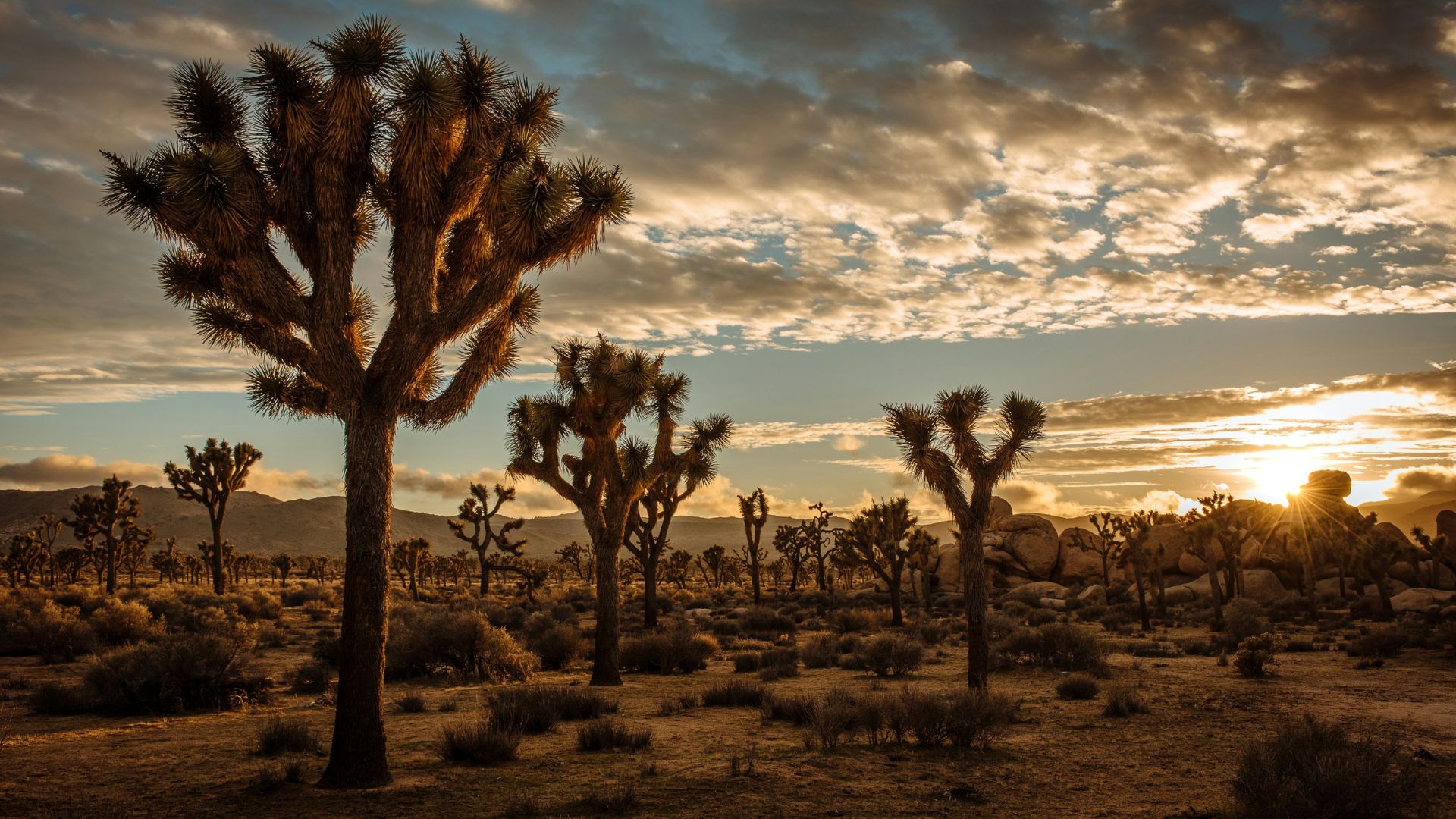
After nearby residents complained that the location would be unsightly, Avantis changed the initial designs to be better concealed from the public.
However, the concerns are deeper than the aesthetic appearance. Locals are worried that the project will negatively affect Boron and the nearby town of Desert Lake. The environmental impacts are also concerning to residents and climate scientists who say that habitat loss may not be worth using the land for clean energy.
Construction Could Stir up Dangerous Pathogens
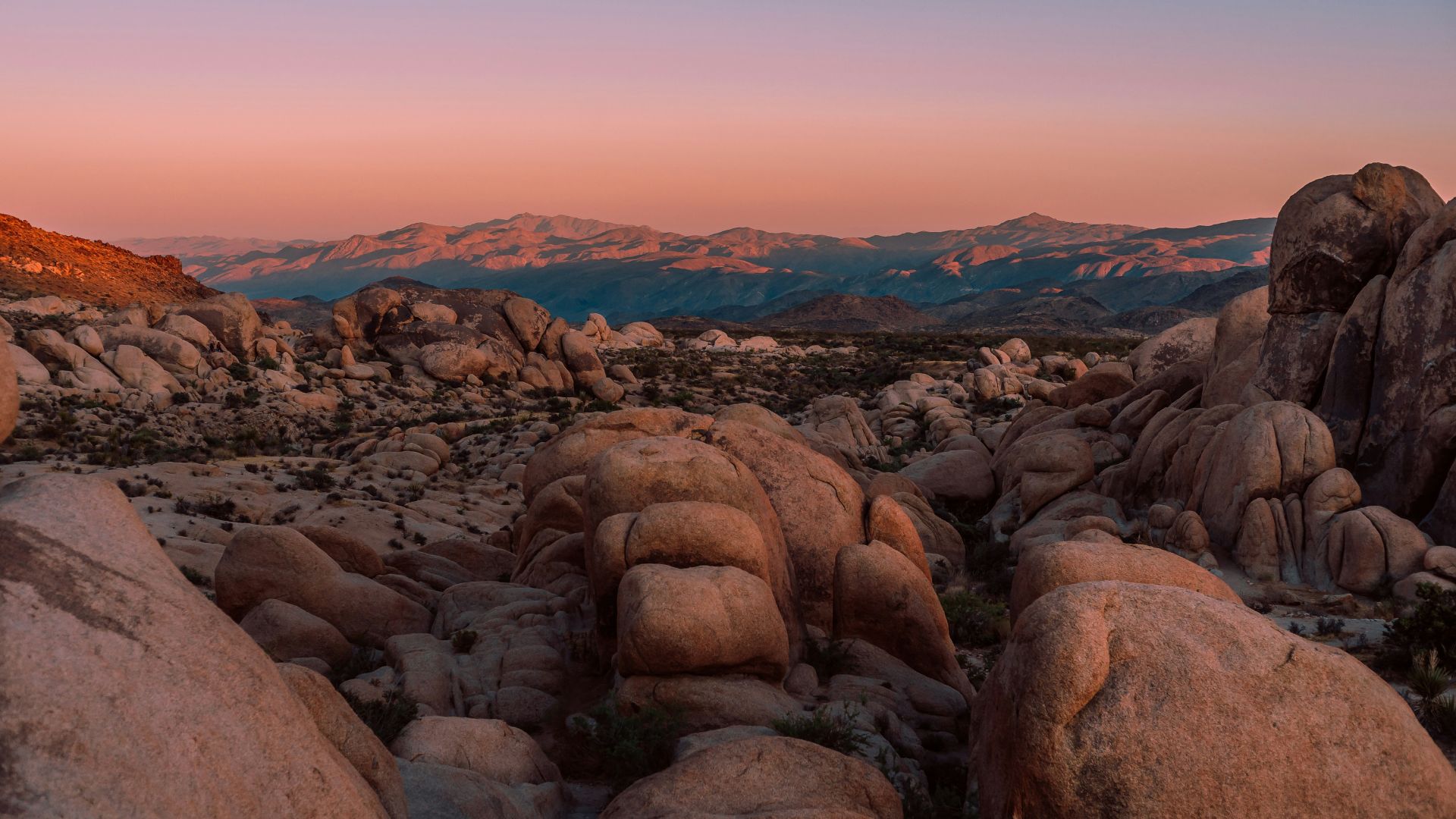
In addition to the loss of habitat and beloved Yucca trees, the project’s construction carries its own risks.
The earth the proposed site sits on carries a fungal pathogen often found in soil in Southern California. The pathogens can become stirred up by activity and cause valley fever in anyone who inhales.
Local Residents Speak out on the Project
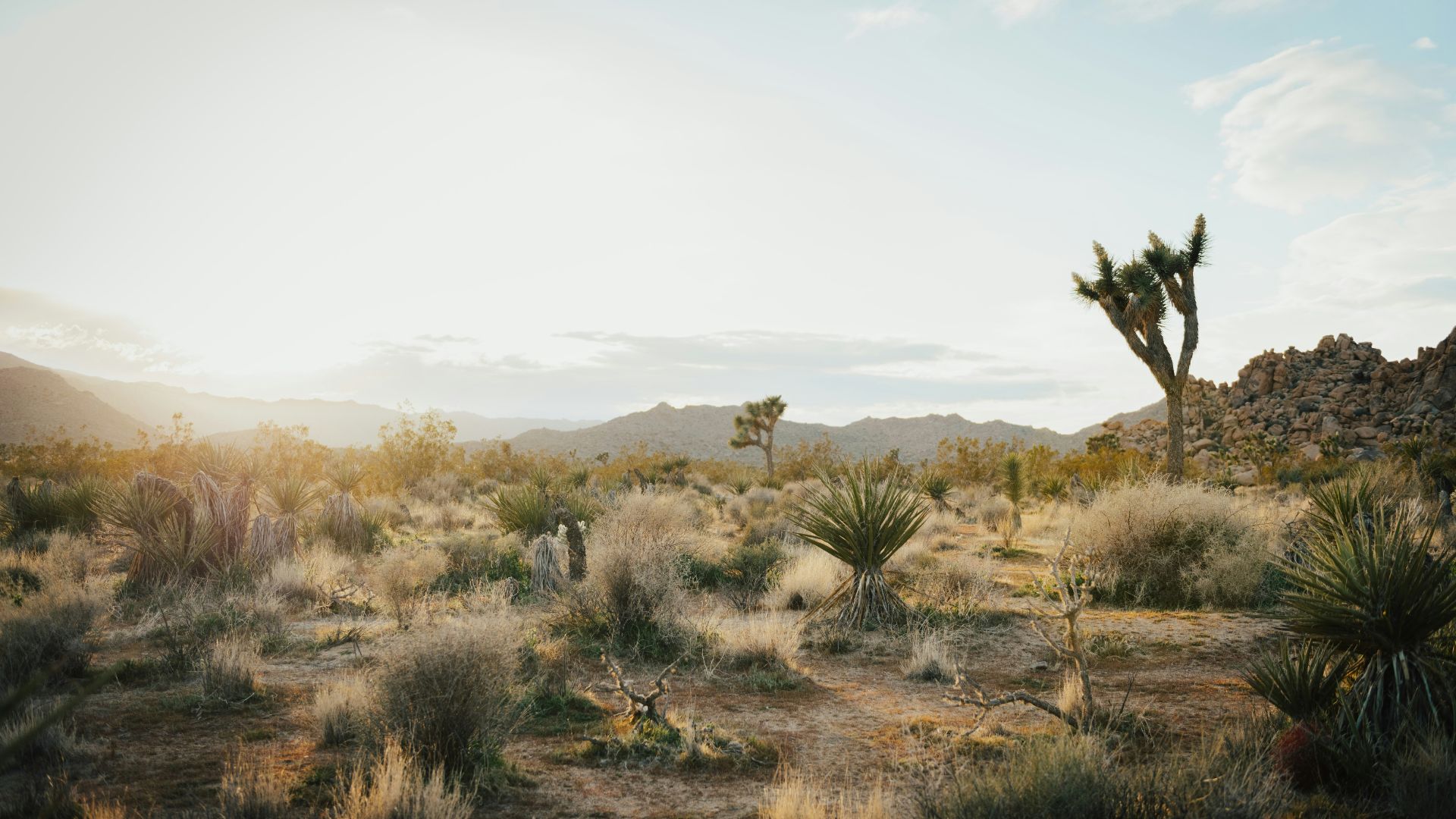
Residents took to the press to air their frustration with the project.
A nearby resident with small kids, Melanie Richardson, told the Los Angeles Times, “How are kids going to be able to play outside? So many people from our community were begging them not to approve this project, and they passed it regardless.”
Power From the Project Will be Used to Power Homes in L.A.

The project is intended to use solar energy to power 180,000 homes. However, the power will be directed from Boron to Los Angeles, where wealthy residents will benefit.
The construction of the center will have lasting effects on the environment in the Mojave Desert. Many residents and ecologists say that the added solar pannels aren’t worth the damage to smaller communities and natural resources.
Construction Set To Begin This Week
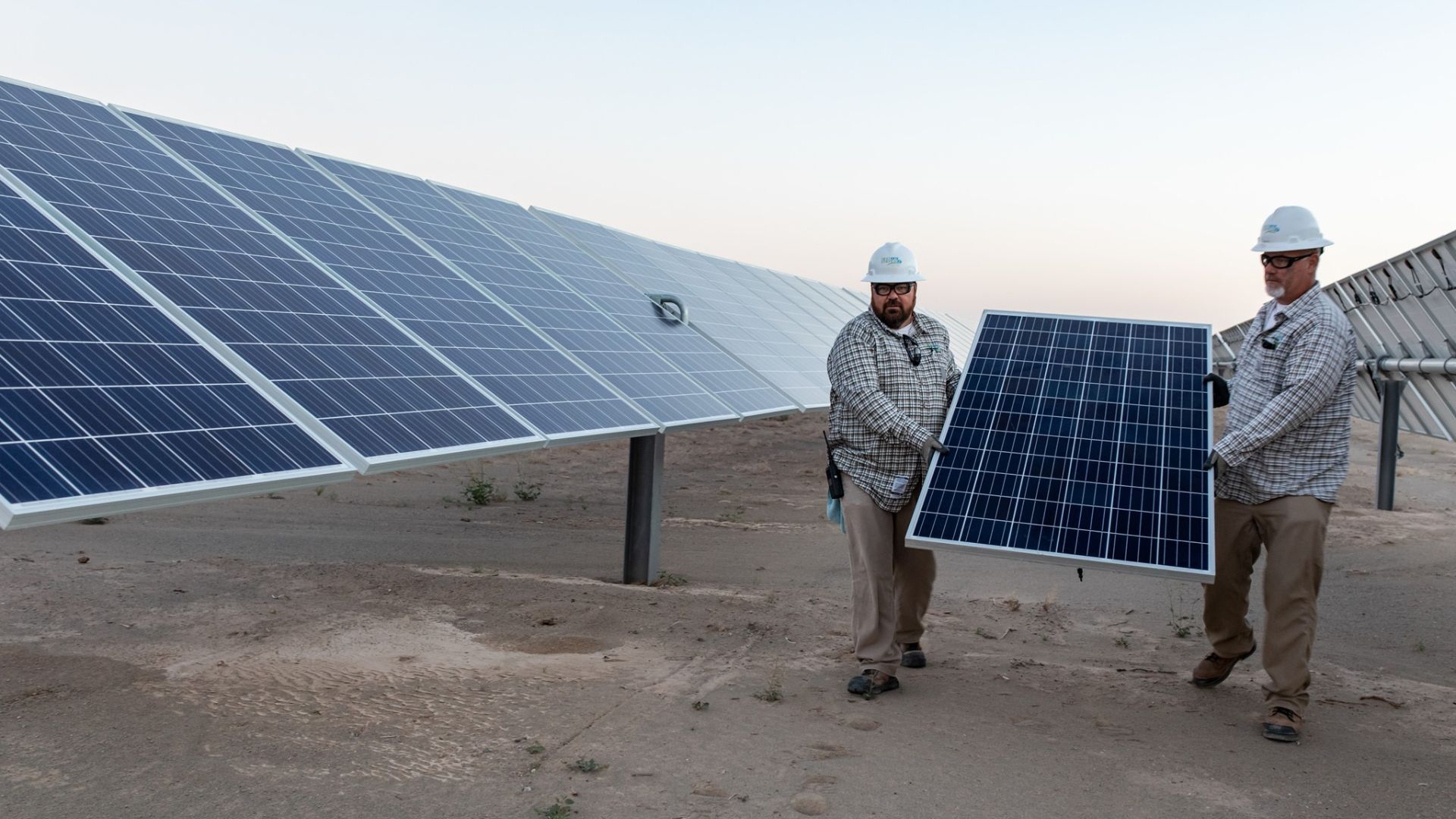
Clearing the landscape and building the solar panels is set to begin this week.
More than 4,722 Joshua trees will be removed from the site to make room for the solar panels.
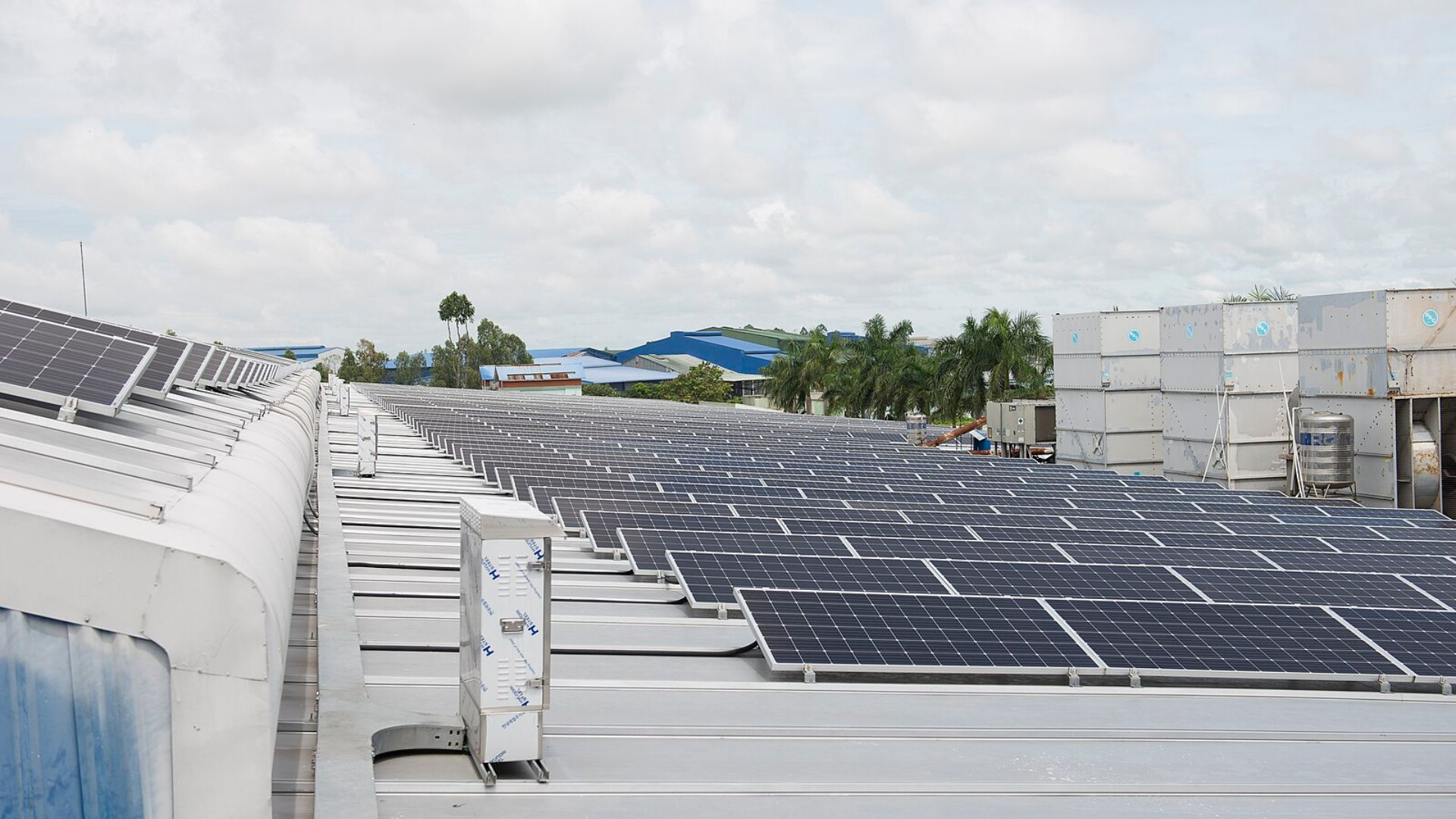
The new solar project is planned to offset around 860,000 metric tons of carbon emissions each year. The annual savings equates to planting around 14 million trees.
Kern County officials also noted that Avantus set aside $1.4 million in funding for Joshua tree protections in the area surrounding the development site.
Some Legal Protections Available for the Trees
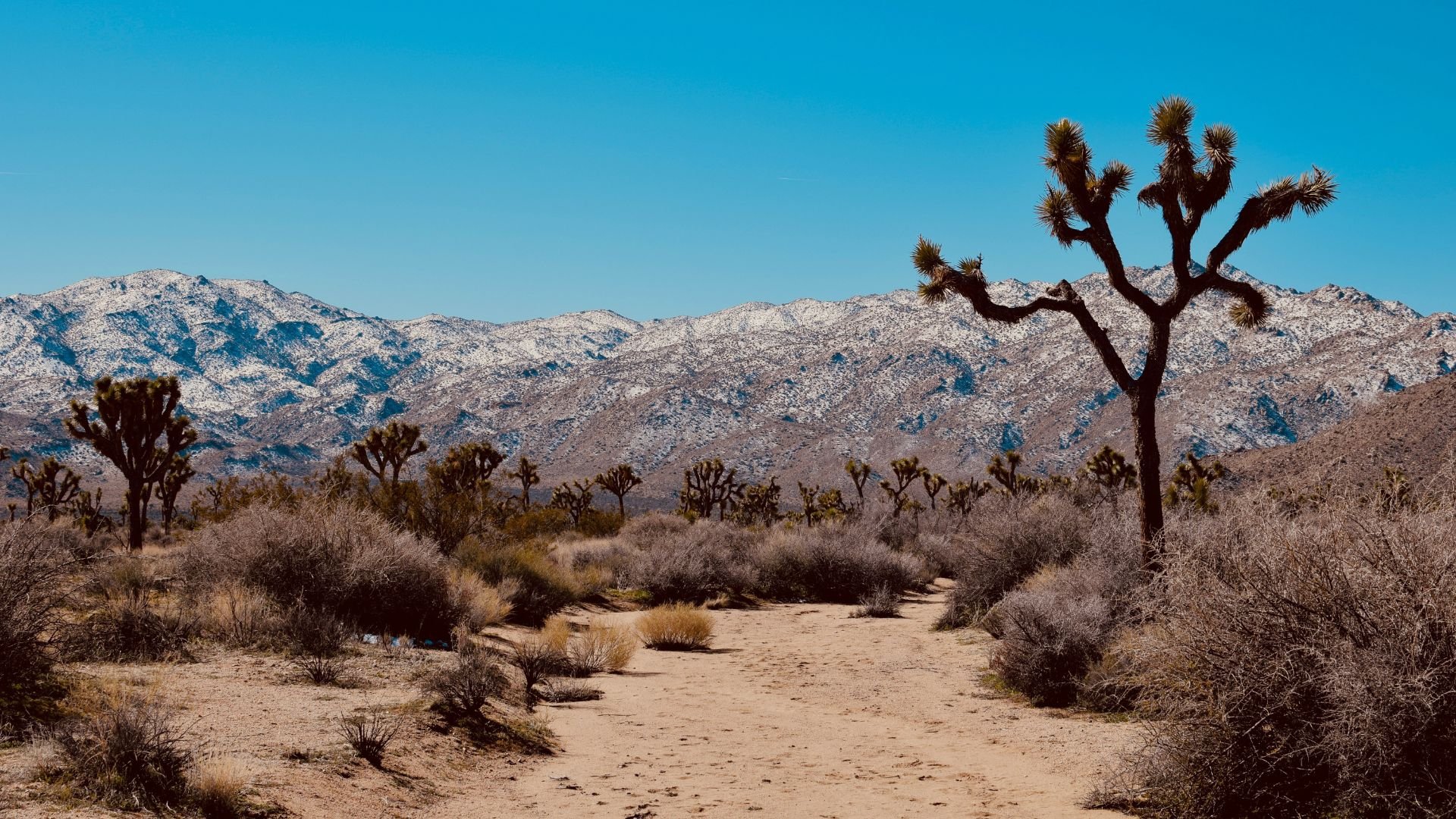
Although the Western Joshua Tree Conservation Act took effect after the solar project was approved, the plants will be protected under a number of different provisions.
Residents failed in recent years to get Joshua trees recognized under the Endangered Species Act. In 2019, the Center for Biological Diversity assisted in getting the plant on the “threatened” list to afford some special provisions. Either way, damaging a Joshua tree in a federal park is a serious crime.
Land for Endangered Tortoises Will Be Decimated
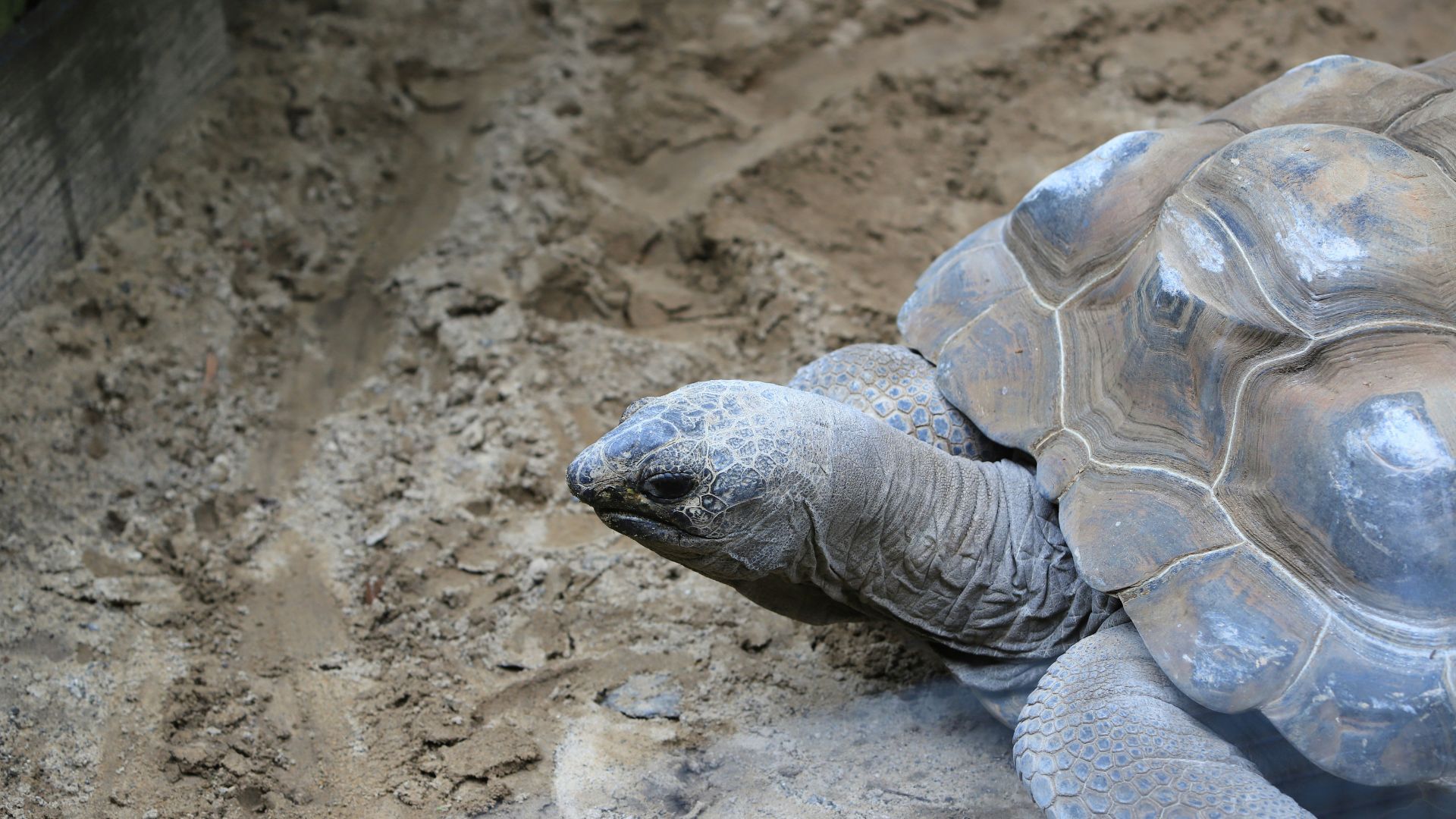
Unfortunately, the desert tortoise, California’s state reptile, is also being threatened by the project.
Tortoise populations have declined by about 50% in the past 20 years. The species is considered threatened under the federal Endangered Species Act and by the state.
More Animals Threatened By Construction
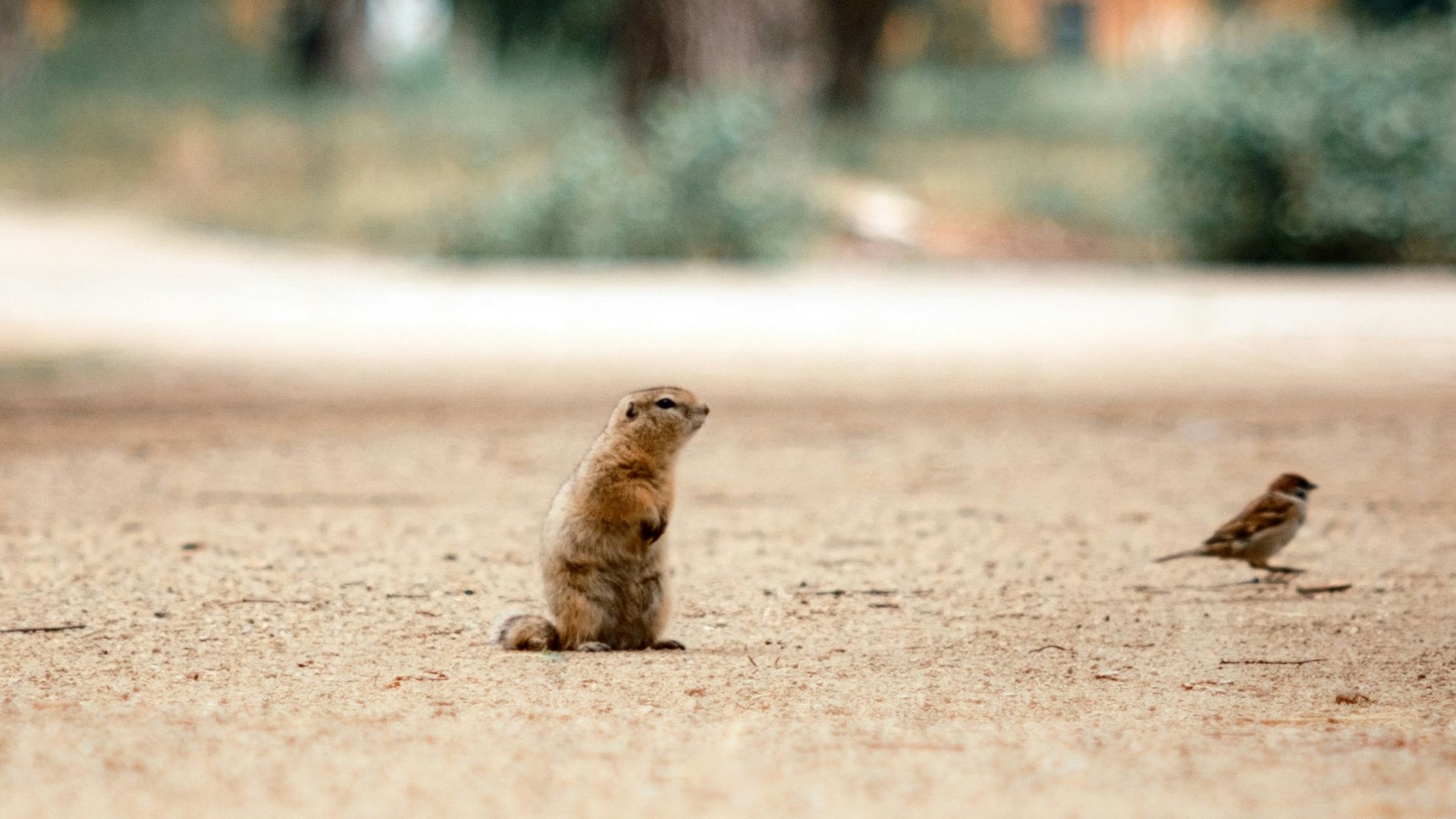
Along with the endangered Joshua trees and desert tortoise, ground squirrels will also lose valuable habitat near the site.
Ground squirrels are also a threatened species according to the California Endangered Species Act. The solar project is likely to result in a loss of habitat for the squirrels and make it much harder for them to survive.
Despite the Issues Raised, the Center Is Still Slated To Move Forward
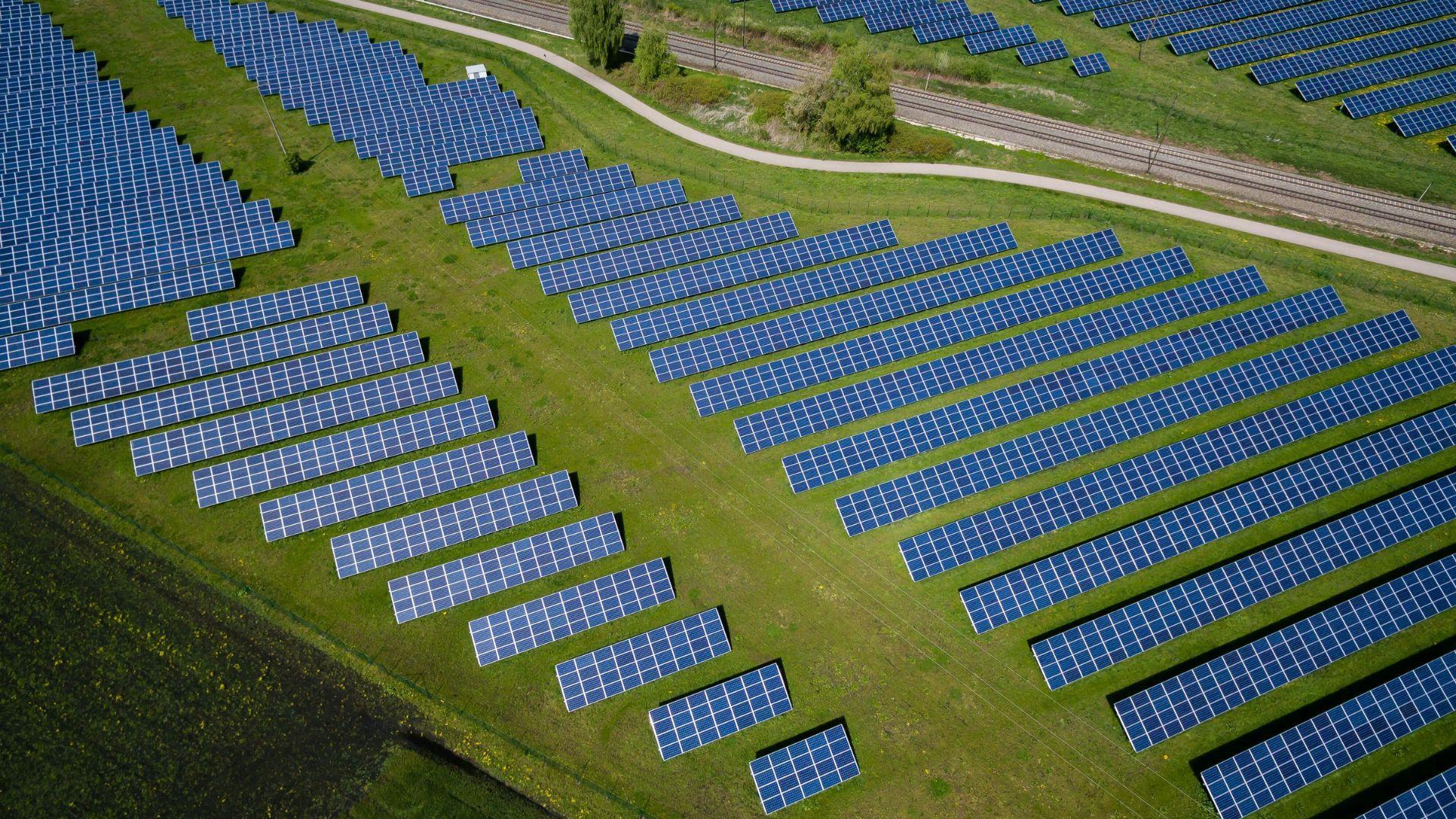
Although many legitimate complaints have been raised around the solar farm, Kern County officials unanimously approved the new Aratina Solar Center.
County officials did remark that certain modifications will be made to preserve the natural environment. Things like halting construction in the presence of desert tortoises and creating temporary tortoise-proof fencing around the site will help lessen the environmental impact.








































